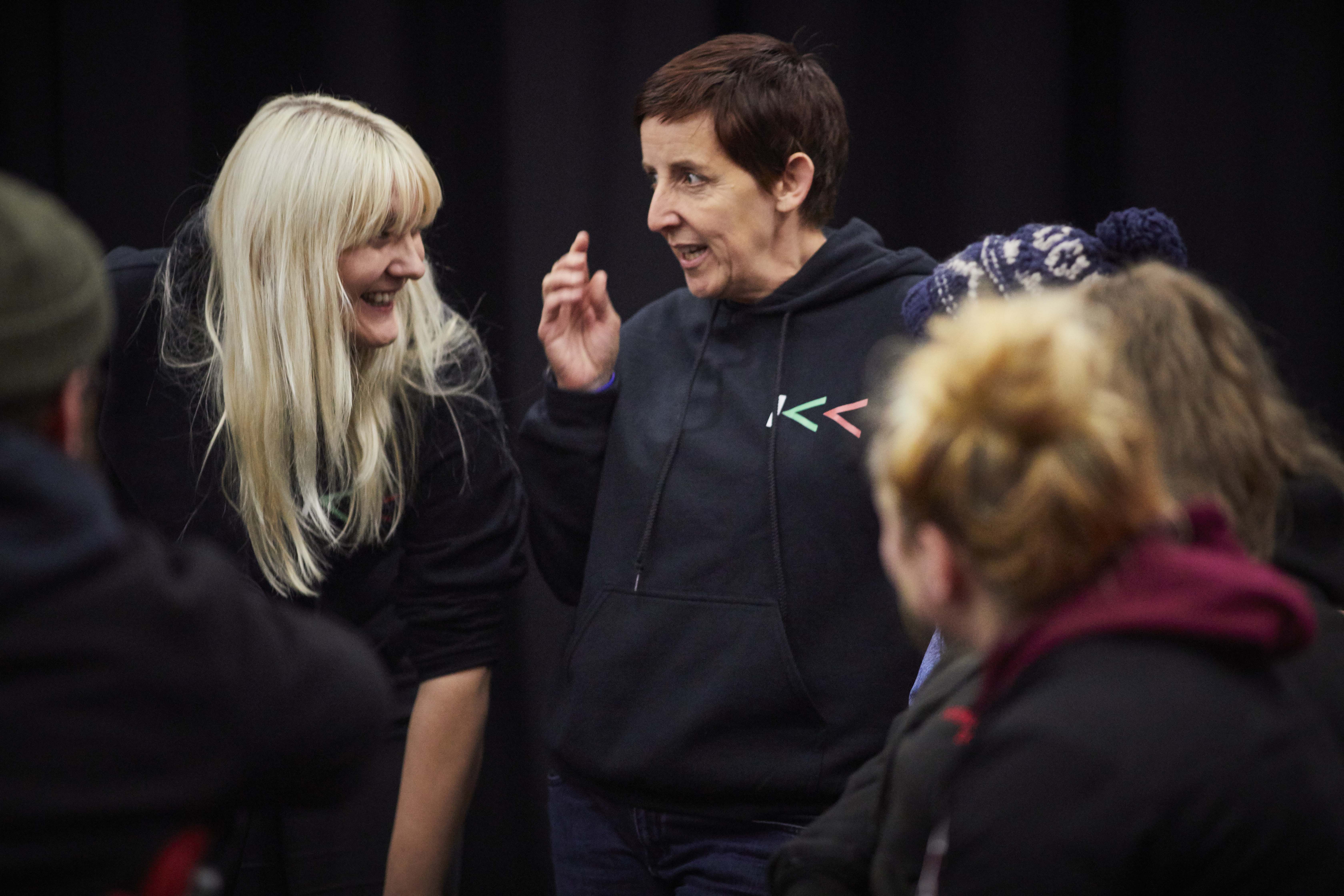Project managers have oversight of everything from the smallest details to the big picture. That includes defining the main objective, purpose and scope of a project and monitoring your team’s workflow. To do that successfully, project managers must possess a broad range of hard and soft skills and stay up to date with the latest developments in the industry.
But what are the most important project management skills to possess in 2021? Whether you want to take your first or next step in the world of project management, it pays to be aware of the skills that you’ll need to reach that level.
9 Must-Have Skills for Project Managers
Budget management
The truth is that if you consistently deliver projects that come in over budget then you won’t be a project manager for long. Even early on in their careers, project managers must have the ability to create viable budgets and control those budgets throughout the life cycles of their projects.
Leadership
One of the most important soft skills for any project manager is the ability to lead a team effectively. A project manager is nothing without their team, but that team will only work productively and efficiently if it’s led in the right way. Being able to communicate effectively, mediate, motivate and adapt your leadership style when dealing with different personalities are all key skills to possess.
Scheduling
Knowing how to create a realistic project schedule and then managing resources to keep it on track is vital if you are to deliver projects on time. Project management tools like Scoro can help with this process and provide a visualization of the tasks, dependencies, durations and milestones – but ultimately, creating the schedule is down to you.
Communication
Project managers must have the ability to convey clear messages verbally and in writing to team members, suppliers, vendors, clients and senior management. You must also be able to share ideas, goals, milestones and challenges and know when to communicate and how to do so effectively.
A keen grasp of project management methodologies
Although this is learned knowledge rather than an innate skill, it’s still vital that project managers understand the main project management methodologies and know how to apply them in practice. A skilled project manager will be able to recognize what the best methodology is for a specific project and know how to apply it.
Negotiation
You might think that the ability to negotiate has already been covered under communication, but this skill is so important that it deserves its own section. Managing a project puts you in constant negotiations with clients, stakeholders, suppliers and project teams. Being able to hold your ground while still being realistic, reasonable and empathetic are all important traits.
Task management
This is another technical skill that should be stamped into the DNA of every project manager. We’ve already covered project scheduling, but ongoing task management is the glue that holds projects together. The ability to prioritize, collaborate and monitor teams without micromanaging are all critical elements of task management.
Collaboration and teamwork
You might be leading the team but you’re still a very important part of it. As the project manager, you are the link between the project team, clients, management, suppliers and everyone else. Therefore, you must empower different groups of people, often with competing interests, to work together effectively. You also have an important role in setting – or at least influencing – the working culture. Working hard but maintaining a sense of humor helps to lighten the mood and lift morale.
Technical know-how
These days, technology and project management go hand in hand. As tools migrate from desktop to online, there are now all sorts of advantages that you can gain by using the right tools in the right way. It might feel like an endless task but to stay relevant you need to keep learning and leading the way.
The Route to Successful Projects
Possessing the hard skills such as an encyclopedic knowledge of project management methodologies without the soft skills to apply them is not enough. Yes, you have to be knowledgeable but to be a great project manager you must also have the right tools and people skills to get things done.
Read more: What are the key challenges HR managers face when managing documents?


















